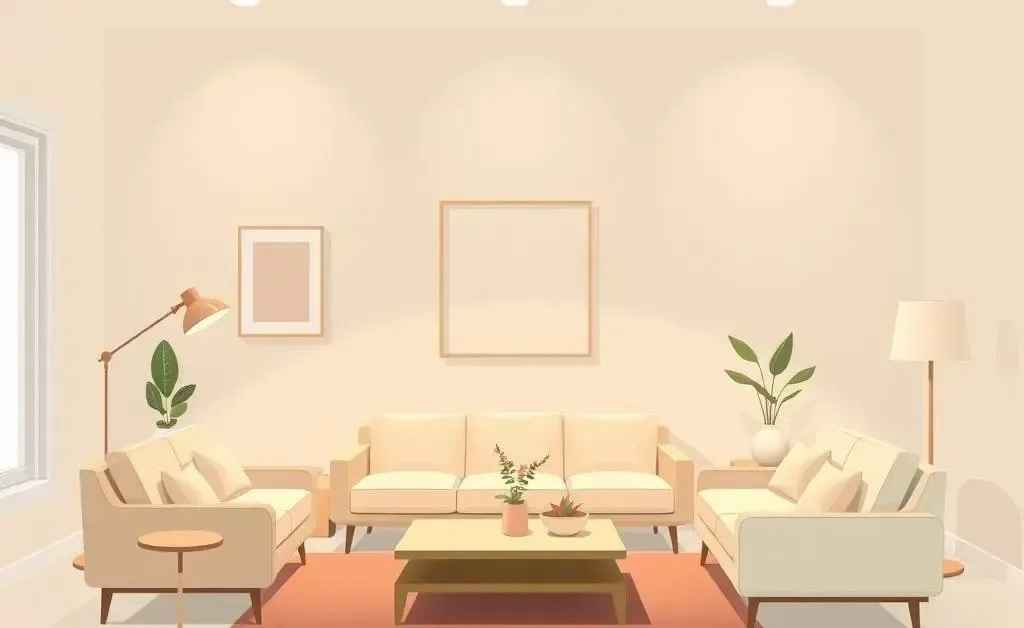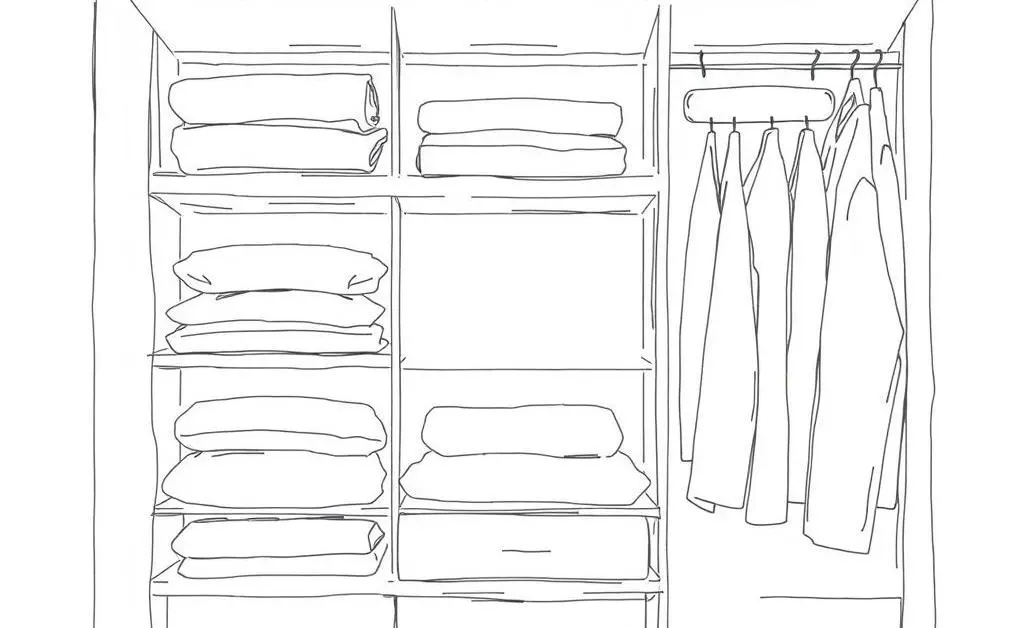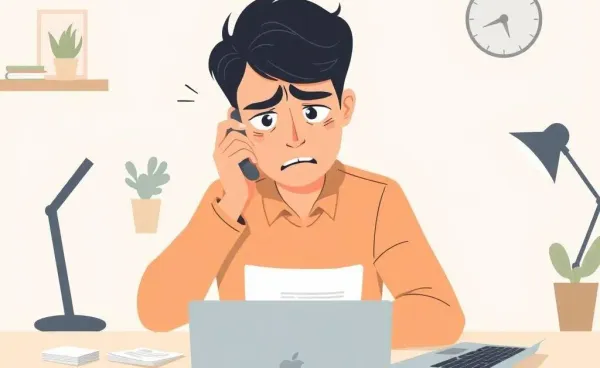Finding Balance: Embracing Minimalism and Emotional Well-Being
Explore minimalist living and its impact on emotional well-being in our cluttered world.

Have you ever felt that your physical environment and mental space are inextricably connected? It’s a realization many of us stumble upon when life feels a bit too cluttered — inside and out. Today, I’d like to explore how embracing minimalism can subtly transform both our environments and our emotional well-being.
What is Minimalism?
At its core, minimalism is about intentionally focusing on what truly matters by eliminating excess and chaos. It isn’t just about owning fewer things, but also about cultivating a sense of peace and clarity. Imagine waking up in a space that brings you calm rather than stress — that’s the heart of minimalism.

How Clutter Affects Our Mind
Imagine walking into your home after a long day only to be greeted by piles of laundry or stacks of paperwork. It’s mentally exhausting, right? Clutter can often act as a visual reminder that our lives are hectic, impacting our stress levels and emotional health.
Studies have shown that an organized space can not only improve mental clarity but also boost creativity and productivity. When we create an environment that supports rather than demands, our minds find room to breathe.
The Emotional Benefits of an Organized Space
Let’s talk about the feeling of relief that accompanies letting go of the things we no longer need. It opens up physical and emotional space, allowing us to focus on experiences and relationships that bring joy and fulfillment. This isn’t just philosophical; it’s genuinely transformative.

Steps to Embrace Minimalism
Interested in incorporating minimalism into your life? Here are a few gentle steps to start:
- Evaluate What You Own: Begin by assessing your belongings. Ask yourself what brings value and what doesn’t.
- Declutter Your Space: Focus on one area at a time — it might be a single drawer or a whole room.
- Create Mindful Habits: Practice regularly letting go of items you don’t need and prevent clutter from building up again.
- Embrace Mindfulness: Take a few moments each day to enjoy the serenity of your space, perhaps with a quiet walk or journaling.
As you remove excess, you’ll find that material simplicity often leads to greater emotional richness.

Finding Joy in Simplicity
Ultimately, minimalism isn’t about depriving ourselves of comforts; it’s about redefining luxury to include peace, time, and mental clarity. So, if you’re feeling overwhelmed, consider letting go of more — and watch as space, tranquility, and emotional well-being gently find their way back to you.




